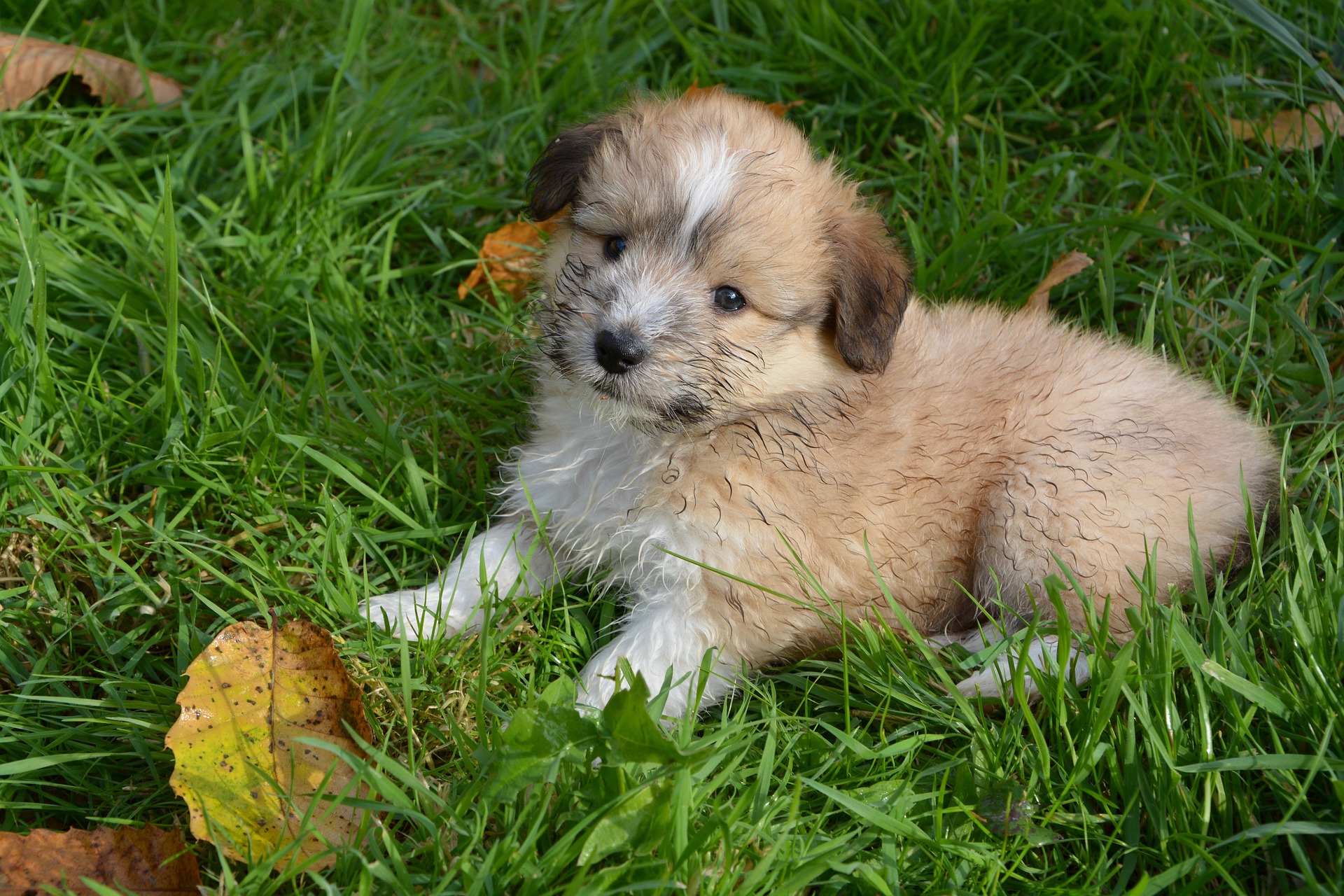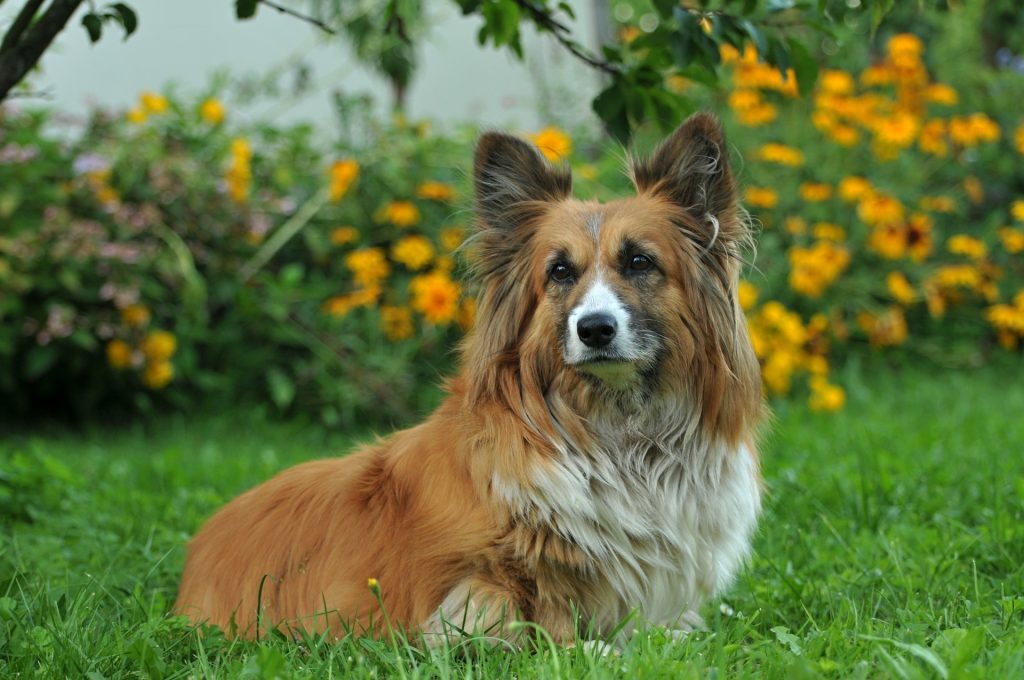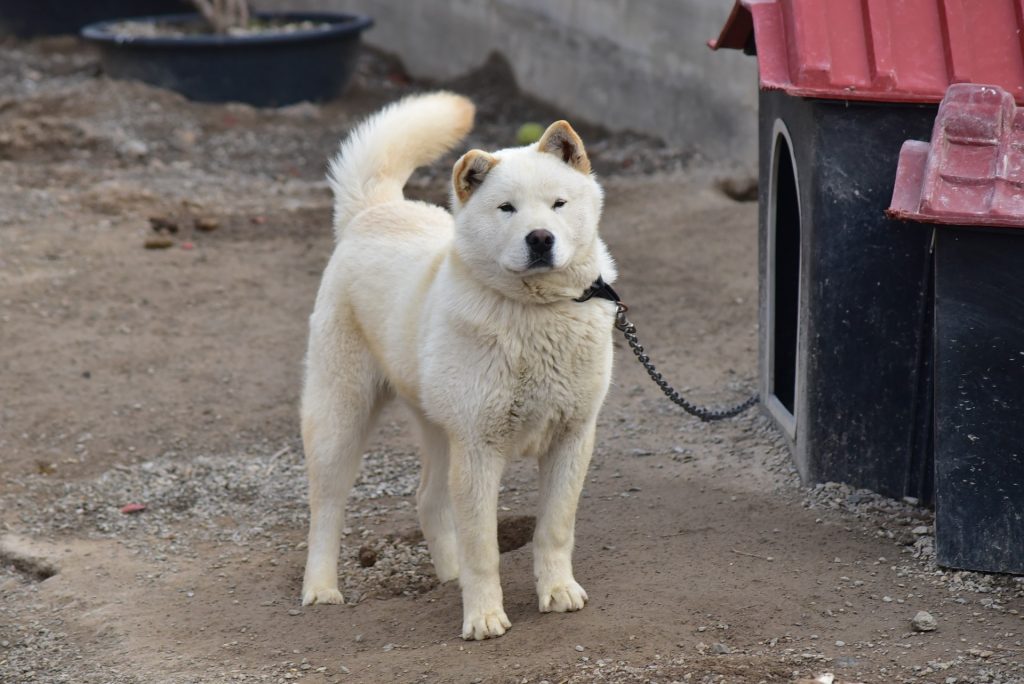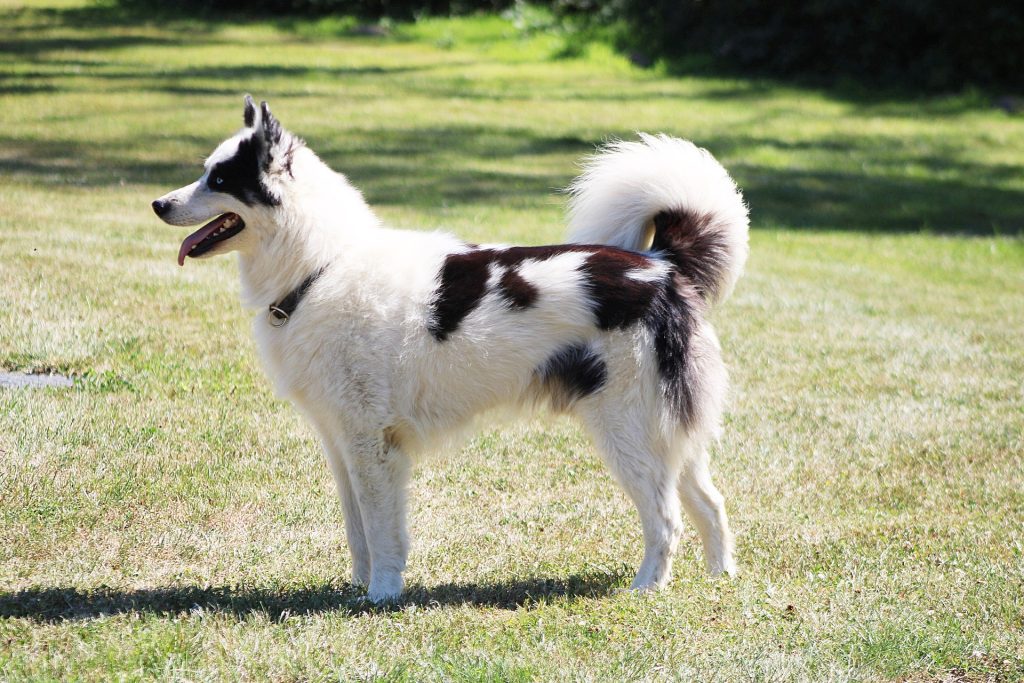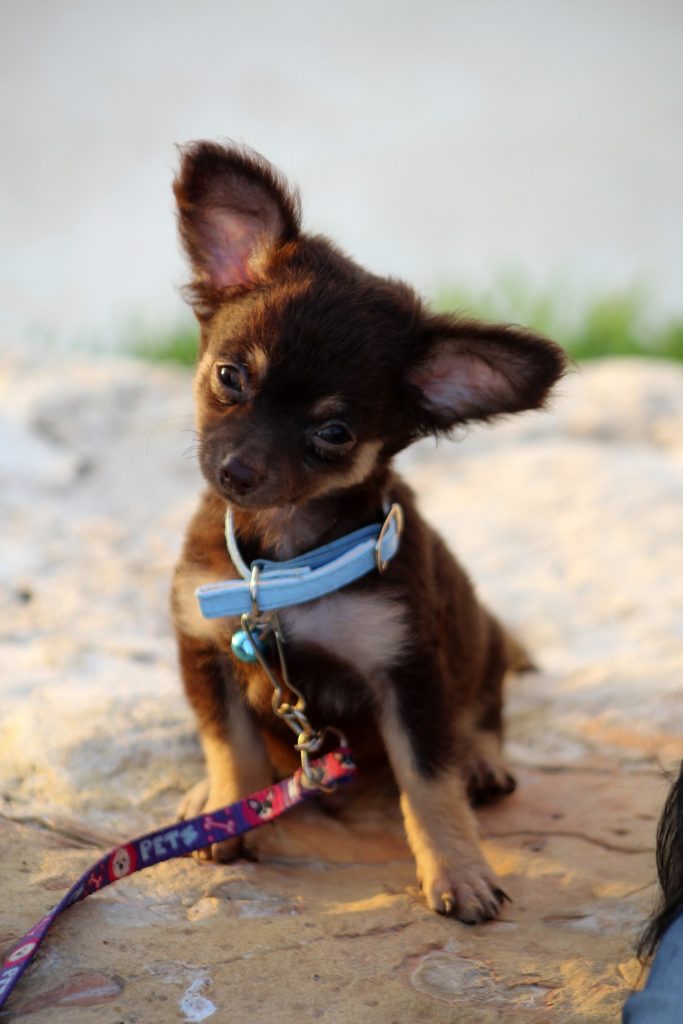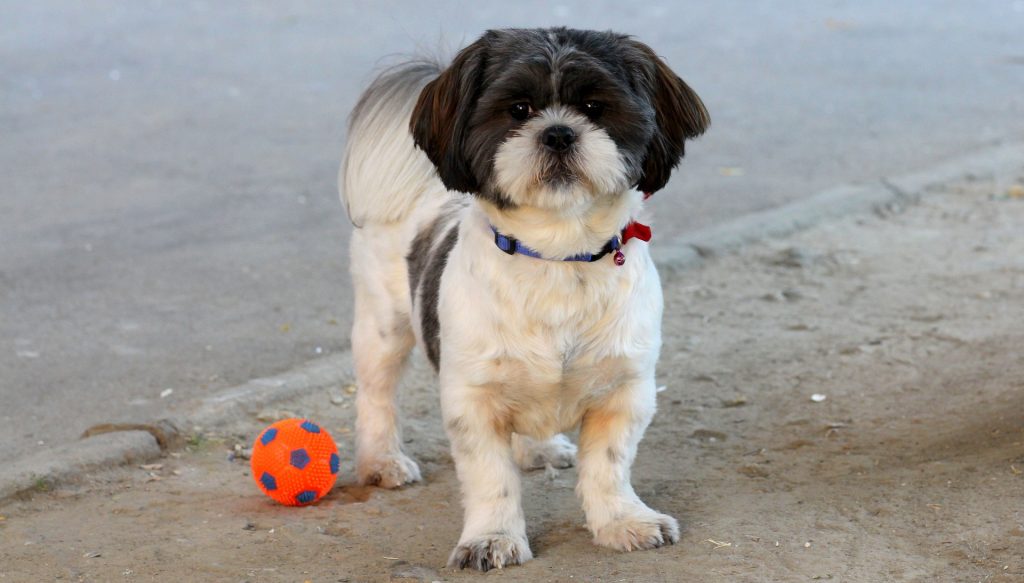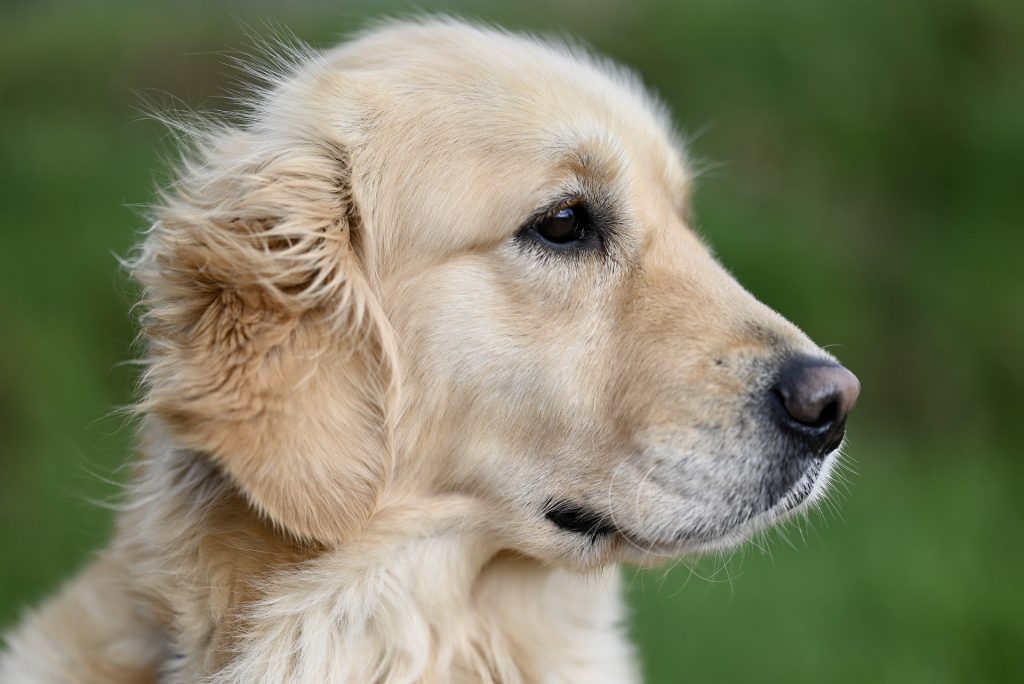Hypothyroidism in dogs is a prevalent endocrine disorder characterized by insufficient production of thyroid hormones by the thyroid gland. The thyroid gland, situated in the neck, plays a crucial role in regulating various metabolic processes through the secretion of hormones, primarily thyroxine (T4) and triiodothyronine (T3). These hormones are vital for maintaining normal metabolic functions, including growth, energy expenditure, and overall bodily health. When the thyroid gland fails to produce adequate levels of these hormones, it leads to hypothyroidism, a condition that can have wide-ranging effects on a dog’s health and well-being.
Symptoms of Hyper Thyrodism in Dogs :
Identifying hypothyroidism in dogs requires awareness of the common symptoms, which can be subtle and vary between individual dogs. Typical signs include:
- Weight Gain: Despite no significant changes in appetite, dogs with hypothyroidism often gain weight due to a slowed metabolism.
- Lethargy: Affected dogs may become unusually tired or lethargic, showing reduced interest in physical activity or play.
- Skin and Coat Changes: Hypothyroidism can lead to a dull, brittle coat, hair loss, and skin issues such as dryness, flakiness, and increased susceptibility to infections.
- Cold Sensitivity: Dogs with hypothyroidism may seek warmth more often or appear uncomfortable in cold temperatures due to decreased metabolic heat production.
- Behavioral Changes: Changes in behavior, such as irritability or withdrawal, can occur due to the metabolic imbalance caused by the condition.
- Digestive Issues: Constipation and other gastrointestinal problems may develop as a result of slowed metabolic processes.
Causes of Hyper Thyrodism in Dogs:
Hypothyroidism in dogs can arise from several underlying causes, each impacting the thyroid gland differently:
- Primary Hypothyroidism
The most common cause of hypothyroidism in dogs is primary hypothyroidism, where the thyroid gland itself is dysfunctional. This can be due to:
Autoimmune Thyroiditis: In this condition, the dog’s immune system mistakenly attacks and destroys thyroid gland tissue, leading to a decreased ability to produce thyroid hormones. This is the most frequent cause of primary hypothyroidism in dogs.
Thyroid Atrophy: Over time, the thyroid gland may shrink or become less functional due to chronic inflammation or other factors. This condition often results from autoimmune thyroiditis but can also occur independently.
- Secondary Hypothyroidism
Secondary hypothyroidism is less common and results from issues with the pituitary gland, which is responsible for stimulating the thyroid gland to produce hormones. Causes include:
Pituitary Gland Disorders: Tumors or other conditions affecting the pituitary gland can disrupt its ability to produce thyroid-stimulating hormone (TSH), leading to reduced thyroid hormone production.
Hypothalamic Disorders: Rarely, issues with the hypothalamus, which regulates the pituitary gland, can lead to secondary hypothyroidism.
- Iatrogenic Hypothyroidism
Iatrogenic hypothyroidism occurs as a result of medical treatment. For example, dogs treated for hyperthyroidism (an overactive thyroid) with radioactive iodine therapy or surgical removal of the thyroid gland may develop hypothyroidism as a complication.
- Genetic Factors
Certain dog breeds have a higher genetic predisposition to hypothyroidism, particularly large breeds such as the Labrador Retriever, Golden Retriever, and Doberman Pinscher. Genetic predisposition often contributes to autoimmune thyroiditis.
Treatment Advice
Treatment for hypothyroidism focuses on restoring normal thyroid hormone levels and managing symptoms:
- Thyroid Hormone Replacement Therapy: The primary treatment for hypothyroidism is lifelong thyroid hormone replacement therapy. This involves administering synthetic thyroxine (levothyroxine) in the form of oral tablets. Dosage is adjusted based on regular monitoring of thyroid hormone levels and clinical response.
- Dietary Management: While not a primary treatment, maintaining a balanced diet that supports overall health can complement hormonal therapy. Some commercial diets are formulated to support thyroid function, but they should be used under veterinary guidance.
- Regular Monitoring: Regular follow-up visits are necessary to monitor the dog’s response to treatment, adjust medication dosages, and address any potential side effects. Routine blood tests are used to ensure that thyroid hormone levels are within the target range.
Preventative Measures
- Veterinary Examination: A thorough physical examination by a veterinarian, including assessing the cat’s coat condition and body condition, is the first step. The vet will also consider the cat’s history and clinical signs.
- Blood Tests: Blood tests are essential for diagnosing hypothyroidism. These tests typically measure levels of thyroid hormones (T4 and T3) and thyroid-stimulating hormone (TSH). In hypothyroid cats, T4 levels are often low, while TSH may be elevated if the condition is primary.
- Additional Testing: If primary hypothyroidism is suspected, further tests, including thyroid scintigraphy or ultrasound, may be used to evaluate the thyroid gland’s structure and function.
Conclusion
Hypothyroidism in dogs is a manageable condition with appropriate diagnosis and treatment. Understanding the causes, recognizing the symptoms, and seeking timely veterinary care are essential for effective management. With proper treatment and regular monitoring, dogs with hypothyroidism can lead healthy, active lives, with their metabolic and hormonal balance maintained.


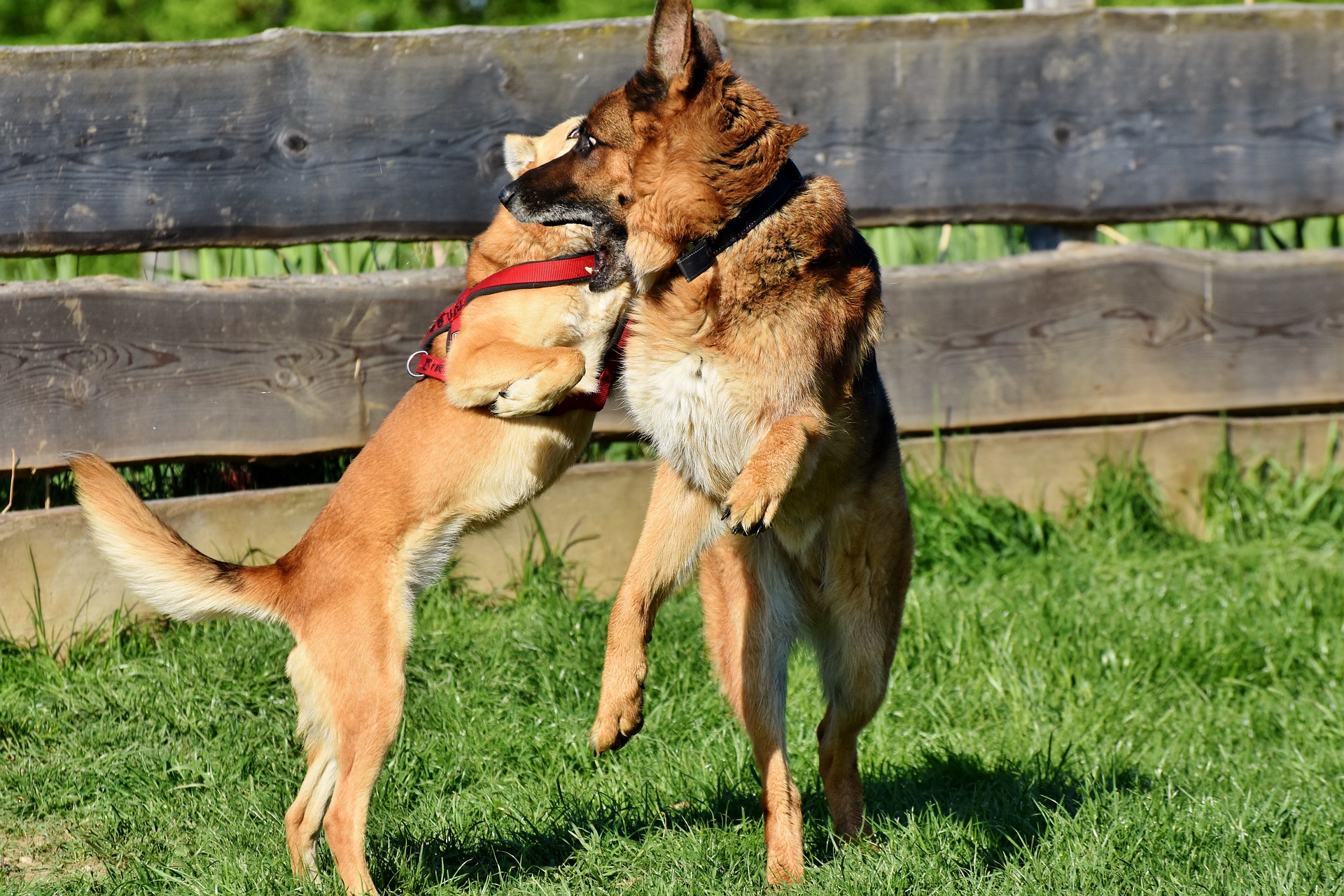
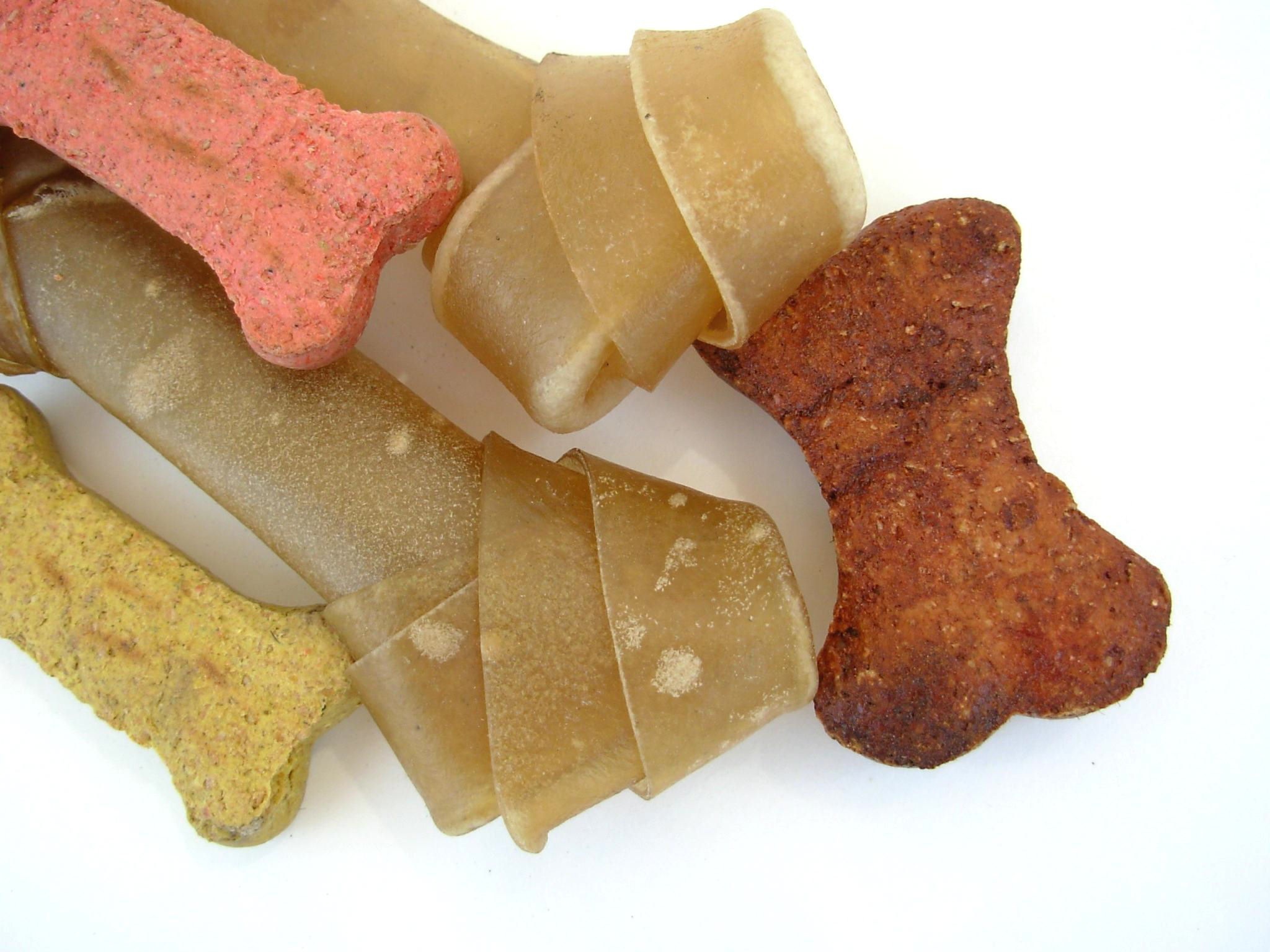
 Expert advice on healthcare, nutrition, behavior and all your pet needs!
Expert advice on healthcare, nutrition, behavior and all your pet needs! 